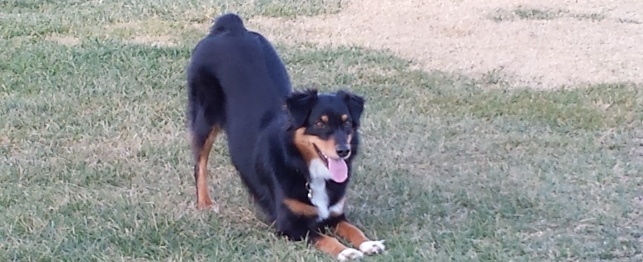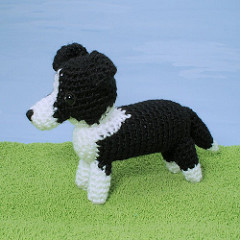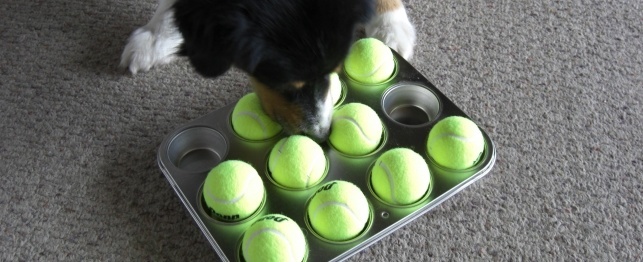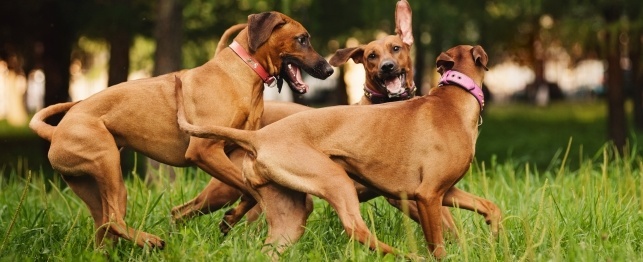Regardless of whether you have a puppy or an older dog, it makes sense to spend some time training them. Even though there is an abundance of information available about how to train your dog, you can't go wrong with dog training guidance from the experts.
1. Positive reinforcement is crucial. While there are several theories concerning how to train your dog, the majority of dog training experts acknowledge that positive reinforcement works best. Positive reinforcement involves rewarding your dog with verbal praise good dog, physical praise such as a pat on the head and food rewards. It does not involve screaming at your dog, hitting or punishing them.
Positive reinforcement works simply because it forms a bond of trust with your dog. Dogs are motivated by rewards especially food rewards.
2. Consistency is very important. If you are working with your dog on a particular skill or trick then make an effort to train them at the same time each day. This helps your pet understand what to expect. The majority of dogs thrive on structure and will perform and learn much quicker if they understand what is expected. If you are training using food rewards, make an effort to train your dog before mealtime so theyre a little bit hungry and motivated.
3. Have patience. Dogs have a tendency to learn in waves. Sometimes they pick things up quickly and then the next day it seems like you have to start again from the very beginning. Be patient. Start every new trick with really small steps and be very clear about what you expect. Even with the smallest tricks like sit you will need to break it down into smaller steps.
4. Make use of hand cues along with verbal cues. Some dogs have an easier time comprehending and remembering hand signals than they do with verbal cues. Assign a hand signal to each trick or behavior you are training.
5. Train in small increments. Dogs have short attention spans. Attempting to train them for twenty or thirty minutes is not going to work. Theyre likely to get frustrated and lose focus. Instead, keep training sessions to a maximum of five minutes.
In the beginning, you may choose to train for only a minute or two until eventually your dog learns to look forward to training. Dogs can learn to dislike training. Keeping the training sessions short will help them learn to enjoy the process.
6. Always end on a positive note. Learning a brand new trick is hard work. Conclude every training session, no matter how frustrating, on a positive note. Always give your dog a trick or behavior to perform that they have learned to perform and end with a food reward and loads of praise.
7. Keep your dog healthy. Last but not least, one of the most important dog training tips from the experts recommends feeding your dog a quality dog food, giving them plenty of fresh drinking water and ensuring they have adequate rest. A healthy dog is a more content dog and will learn desired behaviors far more quickly.

 Playing Charades with Your Dog
Playing Charades with Your Dog
Playing Charades with Your Dog
Playing Charades with Your Dog
 Train Your Border Collie Dog With These Helpful Hints
The day your new puppy comes home with you will be filled
Train Your Border Collie Dog With These Helpful Hints
The day your new puppy comes home with you will be filled
 The Fabulous Muffin Tin Game for Dogs
The Fabulous Muffin Tin Game for Dogs
The Fabulous Muffin Tin Game for Dogs
The Fabulous Muffin Tin Game for Dogs
 Dogs Play at the Park
Dogs Play at the Park
Dogs Play at the Park
Dogs Play at the Park
 Doggie Play Dates: Are They for Your Dog?
Doggie Play Dates: Are They for Your Dog?
Doggie Play Dates: Are They for Your Dog?
Doggie Play Dates: Are They for Your Dog?